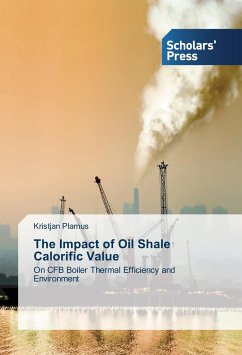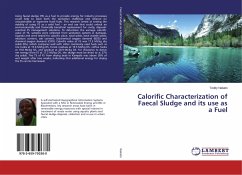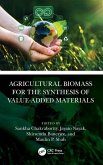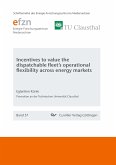In this book is investigated the impact of Estonian oil shale quality on circulating fluidized bed boiler technical and environmental indicators. The investigation is based on full-scale firing tests when oil shale with heating values of 8.2-11.5 MJ/kg was fired. The firing tests demonstrated that oil shale quality significantly influences the circulating fluidized bed boiler indicators. The utilization of oil shale with higher quality enables the reduction of carbon dioxide emission and thus the reduction of the cost of carbon dioxide allowance to the electricity price. In addition, a reduction of the fuel and ash mass flow rates can be achieved leading to the reduction of power production costs in power plants. The book as author's doctoral thesis was supervised by thermal engineers and oil shale scientists prof. Arvo Ots, PhD Tõnu Pihu and PhD Dmitri Neshumayev from Tallinn University of Technology.
Bitte wählen Sie Ihr Anliegen aus.
Rechnungen
Retourenschein anfordern
Bestellstatus
Storno








